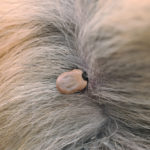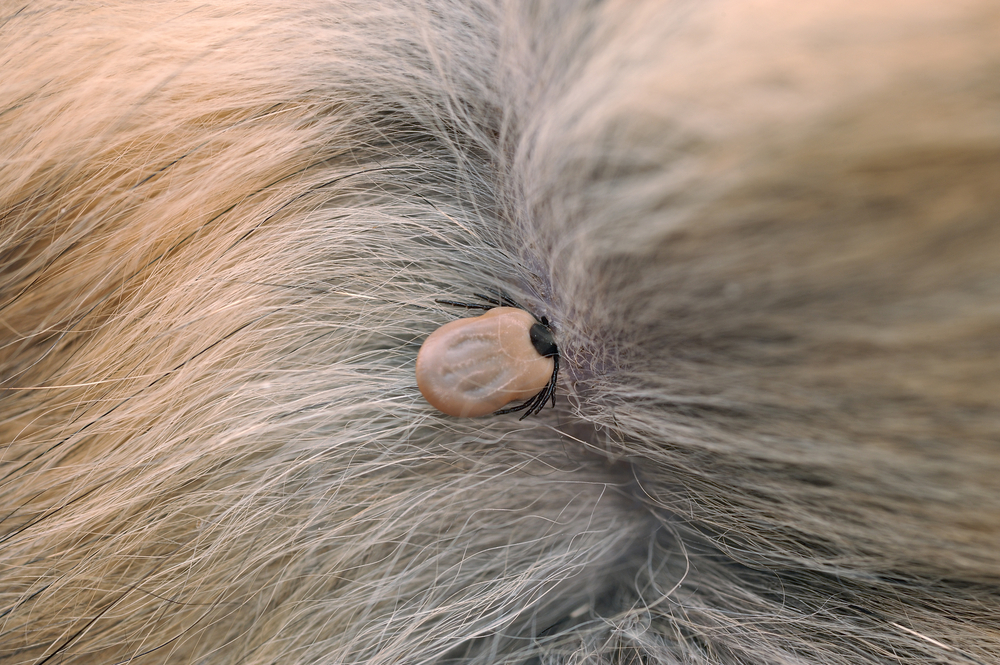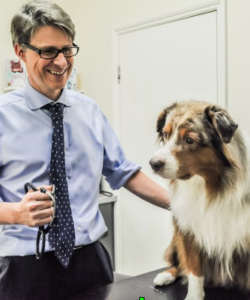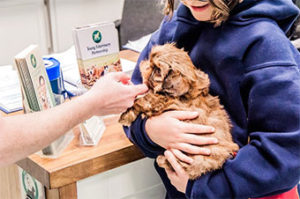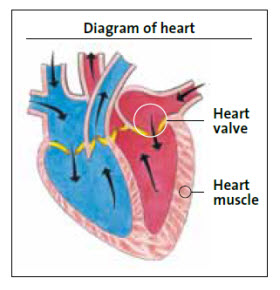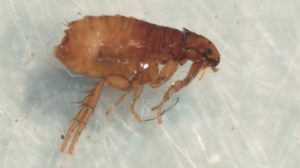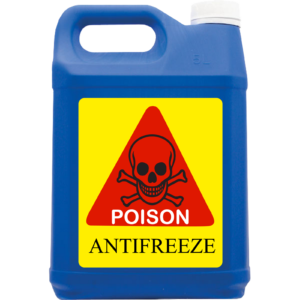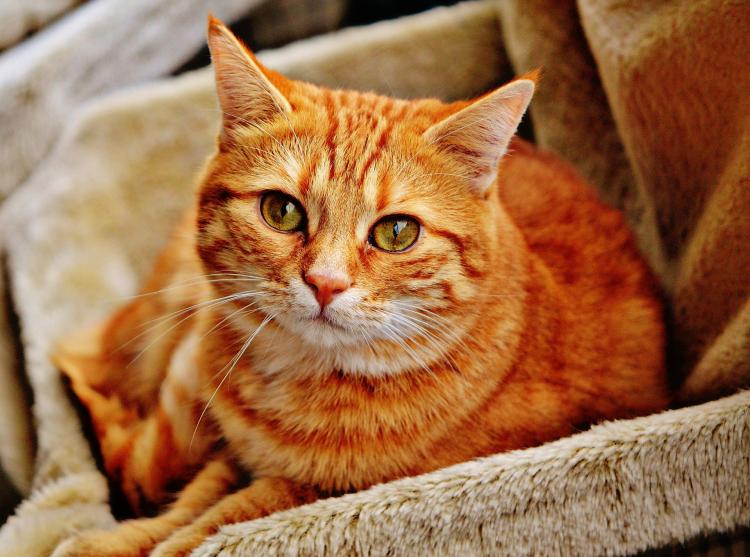Fleas and The Indoor Cat – What You Need to Know
So you think your indoor cat can’t get fleas?
Your cat never goes outside, so surely it’s not at any risk of catching fleas? Sadly that’s not the case; although indoor cats are at lower risk of getting fleas (as well as other nasties like ticks and worms), they can still get them.
How do fleas reach your indoor cat?
Almost any living creature or inanimate object can bring a flea into your home. Other pets such as dogs are obvious culprits, but fleas can also jump onto your clothes, shoes and bags and be inadvertently carried indoors that way.
If you’re unlucky enough to get a rodent infestation, this may also cause a flea problem .
Once the fleas are inside your home, they lose no time seeking a host to live on and feed from. They might then live on your cat for a couple of weeks or even up to several months.

Fleas And The Indoor Cat – What You Need to Know
How to protect your indoor cat from fleas
Unless your home is hermetically sealed, there’s no way to be completely sure fleas won’t get in. But you can protect your cat with a preventative flea treatment. Here at Young Vet’s, we offer a flea injection or a “Spot on” treatment. They both contain a spreading agent to ensure the treatment covers the whole body, combined with an insecticide to kill any fleas that try to make their home on your cat.
If you choose the ‘Spot On’ pipettes apply it to the back of the head or neck – basically, the only place where your cat can’t immediately lick it off! You will have to part the fur to make sure you’re putting the applicator directly on the skin. If you’re in the habit of bathing your cat, don’t do this for a couple of days after the treatment, but normal brushing and combing is fine.
The spot-on treatment you use will have instructions for how often to re-apply it, if you are unsure please ask our friendly team for further advice. If you follow these instructions, your cat should be protected with an anti-flea barrier at all times.
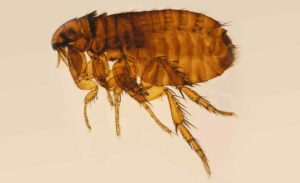
Fleas and your indoor cat.
Non-insecticide options
Some owners choose not to use flea-control products. Since your indoor cat is at lower risk of catching fleas than an outdoor cat, you may find that your cat (and home) remain flea-free without any insecticide applications. Check your cat every day for fleas – combing is a great opportunity to check the coat and the fluff that comes off it for any tell-tale specks.
Frequent vacuuming (of upholstery as well as carpets) can also disrupt the flea life-cycle and keep them at bay. But if you do get a flea infestation, don’t take it as a judgment on your housekeeping skills; fleas like a clean home just as much as a dirty one! If your indoor cat does start showing signs of a flea problem, contact our team for treatment and advice.
The great news is flea protection is automatically included in all of our Pet Healthcare Clubs. Joining our club will allow you to spread the cost of all of your pets essential veterinary treatments across affordable monthly payments on a date that suits you. Join HERE and you could save up to £127 a year on your pets healthcare.
This blog and images have been supplied by Zoetis
Written by Gemma Hopkins


